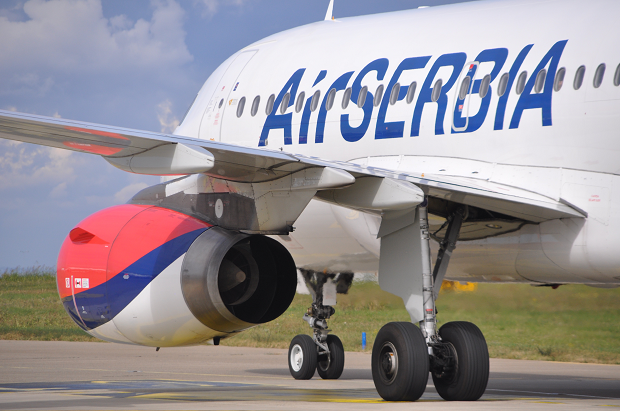
......................
Steering An Airliner
HOW DO PILOTS STEER AN AIRLINER
ON THE GROUND?
By Airline Ratings
We’ve
all seen pictures of airline pilots in the cockpit holding either a large yoke
or side-stick controller that enables them to fly their aircraft safely and
with great accuracy.
However,
when on the ground, how does the pilot steer the nose wheel to accurately guide
the aircraft while navigating the maze of taxiways leading to and from the
runway?
Although
pilots of smaller aircraft use rudder pedals for steering the nose wheel,
airliners have a ground steering system that is quite a bit more unique.
Located
on the console directly to the left of the captain’s seat is a small wheel or
triangular-shaped device called the “tiller” used exclusively for steering when
the airplane on the ground.
Normally,
pilots follow yellow centerline stripes painted on ramps and taxiways, but very
large airliners require special techniques to maintain correct position on
these stripes while turning, since their nose wheels can be located well behind
and far below the cockpit.
On
takeoff, ground steering is used until the airliner’s aerodynamic controls
become effective at speeds of about 60-to-80 mph, while the reverse procedure
is used during landing.


No comments:
Post a Comment